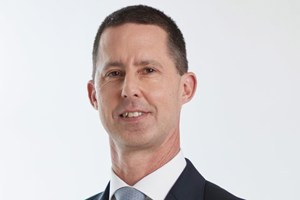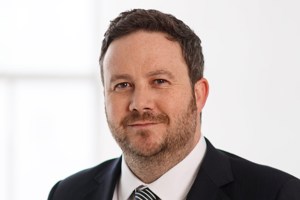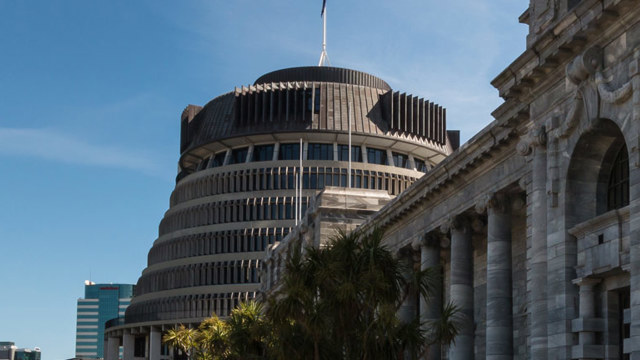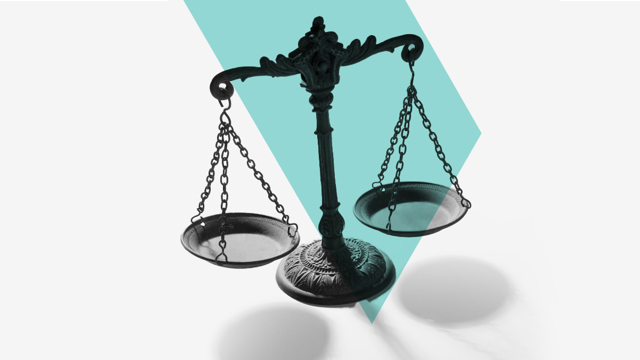What councils need to do in the next 12 months
The Local Government (Water Services Preliminary Arrangements) Act 2024 (Act) became law this week, with some of its main provisions already in force. This week, DIA also released guidance and templates for councils on Water Service Delivery Plans (WSDP). WSDPs form the foundation of the Local Water Done Well reform, so the rapid release of DIA's guidance shows the Government wants to move quickly.
What, then, does the Act mean for councils implementing Local Water Done Well? In short, all councils will need to:
- by September 2025, produce for DIA's approval, either by themselves or jointly with other councils, a WSDP to deliver financially sustainable water services;
- as part of finalising a WSDP, consult on a proposed model for water services, which could include the status quo, a "water services" council-controlled organisation (CCO), or a joint arrangement;
- prepare for foundational "economic regulation" in the form of information disclosure requirements to be consulted on and established by the Commerce Commission; and
- engage with and prepare for "Bill 3", the third and final piece Local Water Done Well legislation, which will implement the more comprehensive and permanent economic regulation regime and a new CCO model for water services – the Government plans introducing Bill 3 in December 2024.
For a high-level sequence of decisions a council will likely need to make in the next 12 months, see our diagram at the link below:
What is a WSDP?
Content and purpose of WSDPs
Councils will need to prepare a one-off WSDP within 12 months of the Act coming into force – that means by early September 2025. In turn, consultation needs to occur before then (see consultation requirements below).
Councils should view the WSDP as the foundation of the reform process. The WSDP will provide a comprehensive assessment of the current state of a council's water services delivery arrangements, as well as outlining a pathway for a council will achieve financially sustainable water services and meet regulatory quality standards. A WSDP must include:
- a description of the current state of its water services, current levels of water services provided, and the areas serviced;
- compliance with regulatory requirements;
- required capital and operational expenditure;
- financial projections for at least the next 10 years (and may cover up to 30 years). In its guidance, DIA has asked councils to prepare four prescribed special purposes financial statements;
- the asset management approach being used;
- any issues, risks or constraints;
- an explanation of how revenue from water services will be separated from the Council's other functions and activities;
- a proposal to ensure that delivery of water services will be financially sustainable by 30 June 2028; and
- an implementation plan for delivering the proposed model for delivering water services.
Two or more councils can submit a joint WSDP, but this will require additional information. The Secretary of Local Government (in effect, DIA) may also make additional rules for WSDPs within three months of the Act entering force.
Key timeframes
Councils must submit their WSDPs to DIA for approval within 12 months of the Act entering force (by early September 2025). DIA encourages councils to consider obtaining independent legal advice before submitting their WSDPs. Once the WSDP is submitted to DIA for approval, amendments to the WSDP may be required should DIA propose changes to ensure the WSDP aligns with the Act.
Failure to comply with WSDP requirements
If a council struggles to comply with any WSDP requirements, the Minister of Local Government may appoint a Crown facilitator or Crown water services specialist. A Crown facilitator will advise or assist a council (or group of councils), whereas a Crown water services specialist may prepare a WSDP and direct a council to adopt a WSDP and submit a WSDP to DIA. In this way, the Crown facilitator is the "first step", followed by the Crown water services specialist who holds more interventionist powers. A Crown facilitator or Crown water services specialist may also recommend that the Minister use the ministerial intervention powers under Part 10 of the LGA 2002 in the event of a "problem", which the Act notably extends to such situations as failing to submit a WSDP to DIA in the timeframe and failing to give effect to the proposals or undertakings in a WSDP.
Simplified consultation process when adopting a WSDP and choosing a water delivery model
All councils will need to undertake consultation as part of the process to prepare a WSDP. Councils must undertake the prescribed alternative consultation and decision-making processes in the Act before adopting a WSDP in relation to an anticipated or proposed water services delivery model.
Councils may choose to use the Act's alternative requirements for consultation when deciding whether or not to establish, join or amend a water services CCO or joint local government arrangement. That said, councils may instead in these circumstances choose to use the Local Government Act 2002 (LGA 2002) consultation processes.
Under the alternative processes in the Act a council must, for example, as part of its decision-making under the Act, identify and consult on (at a minimum) two options for the delivery of water services:
- the status quo, ie remaining with its existing approach to water services delivery; and
- as the case may be, establishing, joining or amending a water services CCO, or a joint local government arrangement.
These processes simplify the decision-making and consultation processes compared to the LGA 2002. Under the LGA 2002, for example, councils would be required to identify and consult on all reasonably practicable options (not just two options). Similarly, a council only needs to consult once on any of the decisions requiring consultation under the Act and, if consulting on whether to establish a water services CCO or a joint local government arrangement, the council does not need to separately consult on the service delivery model proposed in its WSDP. The simplified consultation and decision-making processes are a legislative "nudge" for councils to turn their minds to a CCO and/or joint water services with other councils. Consultation on these two options is a minimum requirement - councils may identify and consult on more options.
The flowchart below summarises the consultation process.
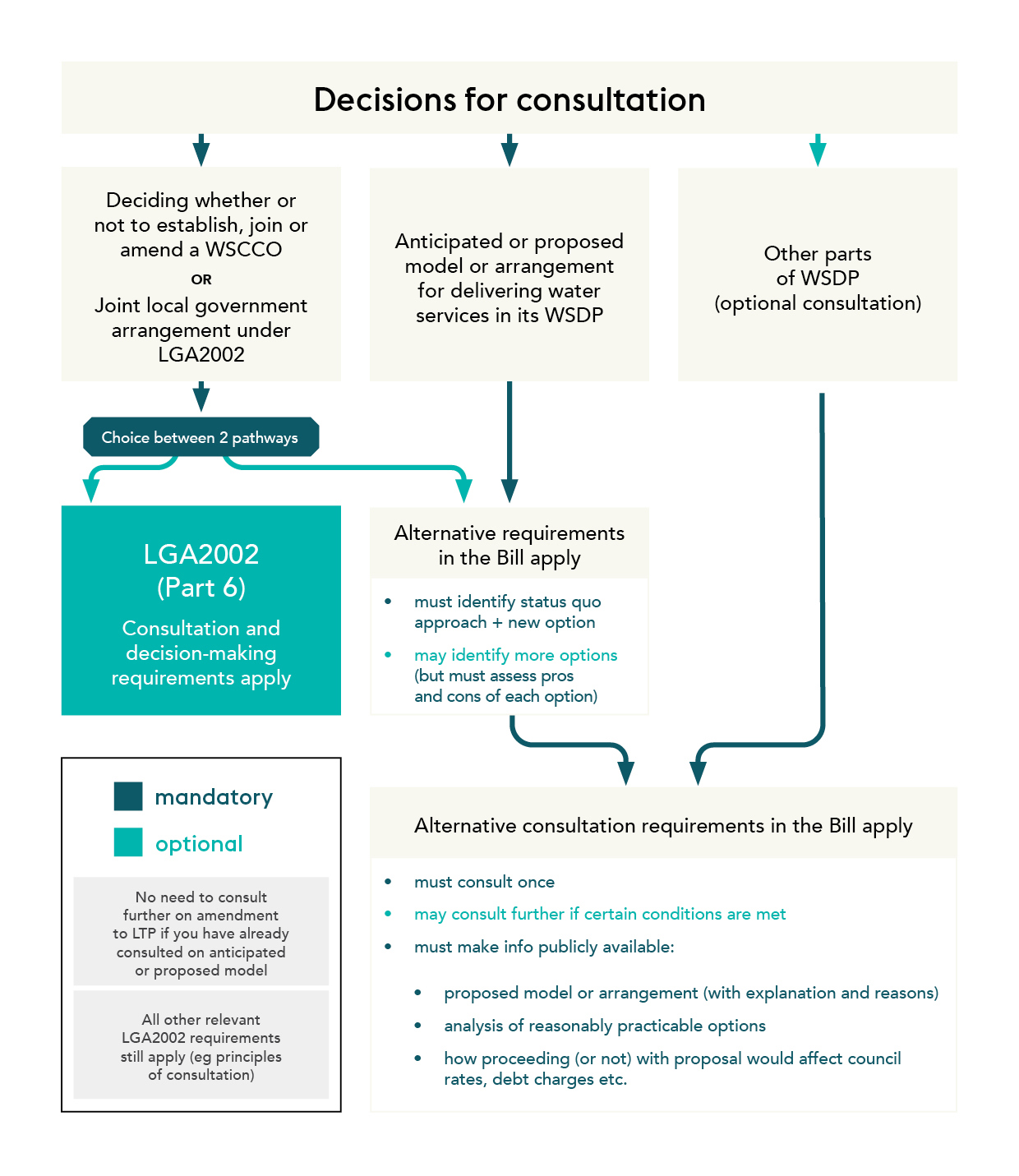
Transitional information disclosure first, with backstop economic regulation to follow
The transitional information disclosure provisions provided for in the Act enable the Commission to begin its regulatory role ahead of the commencement of the permanent economic regulatory regime when Bill 3 is enacted.
While the information that councils are required to produce in their WSDPs provides a baseline level of transparency and disclosure, the Act gives the Commission the ability to prescribe information disclosure requirements for specified entities. These requirements would likely include details about actual and forecast capital investment plans and expenditure, operating costs, revenue, tariffs/charges, financing plans, service quality, customer engagement and asset management. The Commission will then analyse information provided by water services providers to improve transparency and accountability, and identify whether further regulatory intervention is necessary (based on the regulatory tools we expected to see in Bill 3, as discussed below).
The Commission is required to consult interested parties before making a determination, so it is important for councils to engage with the consultation process to ensure that information disclosure requirements are fit for purpose and not overly onerous. However, it is notable that for transitional information disclosure requirements, the Commission is not required to determine input methodologies (ie the rules, requirements, and process that underpin information disclosure which are a feature of the economic regulation regime that applies to the energy and airport sector under Part 4 of the Commerce Act). Penalties for contravening an information disclosure obligation do still apply, the maximum penalties being $500,000 for individuals or $5 million in any other case (eg councils).
Cabinet papers give details on the future shape of the economic regulation and consumer protection regimes for councils' drinking water and wastewater services, and potentially stormwater services. The details will feature in Bill 3. In addition to information disclosure, economic regulation for water services in future could include revenue thresholds, financial ringfencing, and quality and performance standards. Depending on performance, the Commerce Commission might in future also set price and quality standards for specific councils/water services providers. Again, it is not expected that input methodologies for these forms of economic regulation will be a requirement at the outset, but the indication is that the Commission will be required to determine (subject to consultation) input methodologies for information disclosure and price-quality regulation within a set period of time (eg ten years).
The diagram below indicates the possible future of economic regulation:
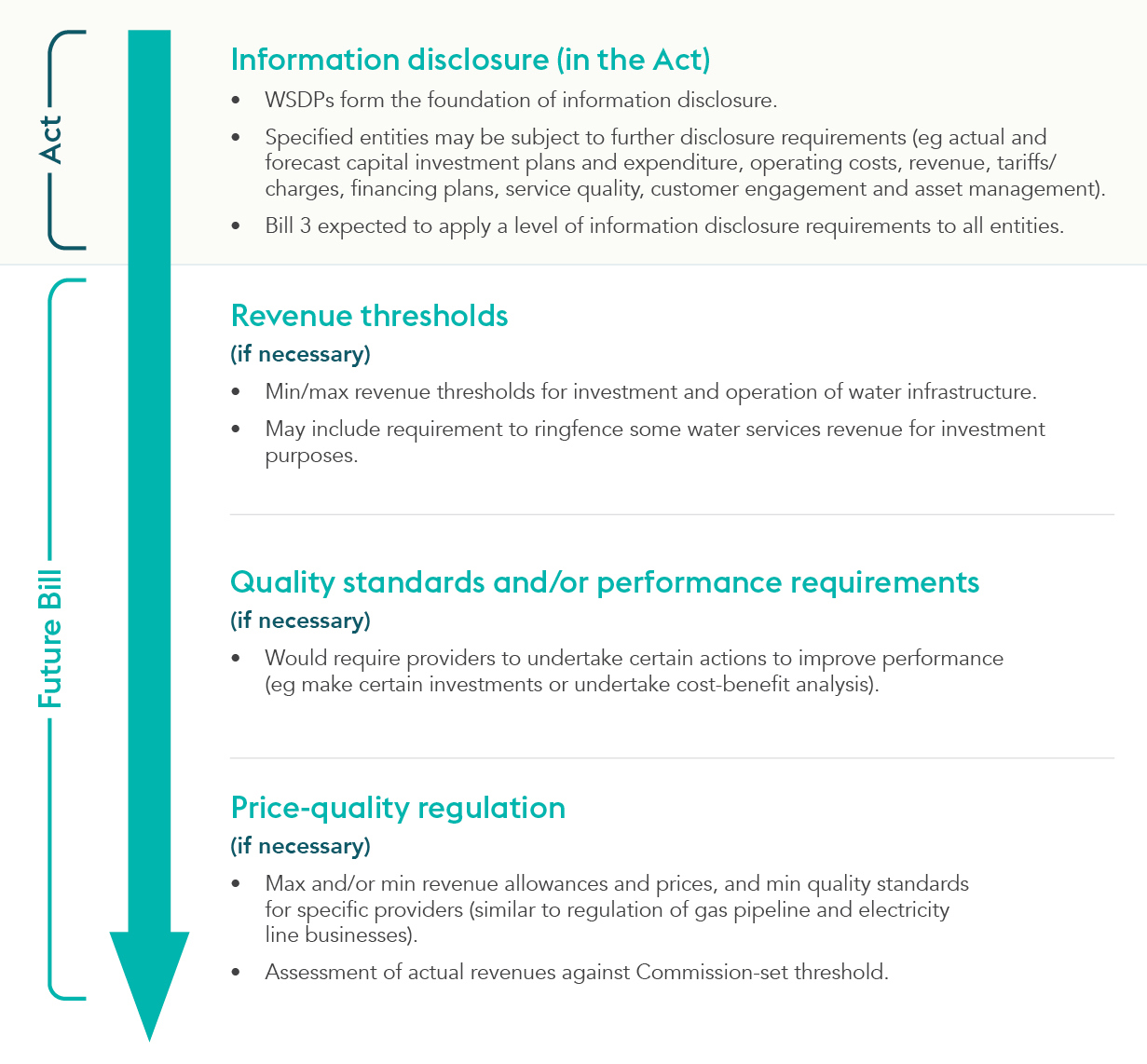
Financing options
Financing options for councils form a big part of Local Water Done Well. On 8 August 2024, the Government announced new models for water organisations (available here). The Local Government Funding Agency (LGFA) has confirmed it will lend to water services CCOs that are financially supported by their parent council(s) up to a level equivalent to 500 percent of operating revenues (pending the water services CCO meeting strict credit criteria). This is nearly twice the borrowing ability of rated councils. The ability of water services CCOs to borrow increased amounts should free up council finance for investment into other initiatives and/or constrain rates growth.
We expect any further policies concerning water services financing to feature in Bill 3 – councils should be advocating now for any specific aims (for example, the equivalent of the new legislative provisions in the Act prohibiting certain kinds of support between Auckland Council and Watercare).
Standards regulation planned for Bill 3
Bill 3 will also lead to changed water quality standards for councils as monitored by water regulator Taumata Arowai. The Government's proposed changes aim to reduce regulatory compliance for smaller councils and increase standardisation in order to lower costs, and include:
- setting a single standard for national wastewater environmental performance (rather than minimum and maximum standards);
- excluding from regulation shared domestic drinking water suppliers serving 25 consumers or fewer;
- new operating principles for Taumata Arowai to promote consideration of the cost of compliance on suppliers, and the proportionality of the regulatory framework compared against the scale, complexity and risk profile of each supply.
Meanwhile, Bill 3 could also see new national standards, for example a mandatory set of national engineering design standards for water services network infrastructure, and modular design plants for low-risk small scale wastewater plants. Ideas for nationally-consistent design standards featured in the now-repealed Water Services Entities Act 2022, and many councils and water services providers will no doubt welcome the re-emergence of consistent standards and the potential efficiencies these could bring.
Next steps
We expect Parliament to introduce Bill 3 on Local Water Done Well in December 2024. Bill 3 should provide councils more detail on functions and obligations under the new regulatory framework, including:
- long-term requirements for financial stability;
- further details about the powers, functions, and duties of a water services entity;
- further details about any other water services delivery model;
- accountability, planning and reporting regimes for water services;
- comprehensive economic regulation;
- amendments to the regulatory settings for Taumata Arowai, the Water Services Regulator;
- establishment of a regulatory backstop power; and
- further changes to the LGA 2002 and other legislation to strengthen the delivery of water services.
If you would like to discuss the new legislation or future water reform, please get in touch with one of our experts.






